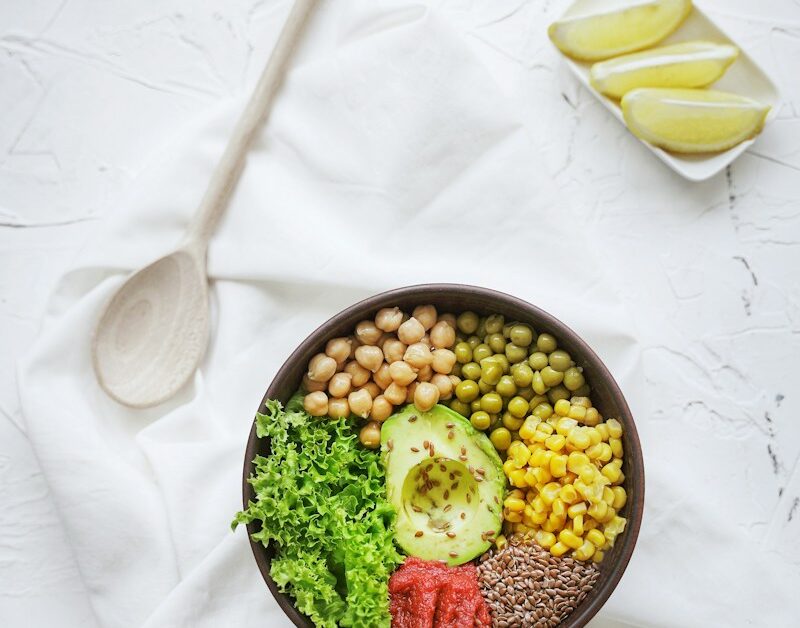What is vegetarian vitamin D3 made of?
Vitamin D is an essential nutrient that plays a crucial role in maintaining bone health, supporting the immune system, and regulating cell growth. While the primary source of vitamin D is sunlight, it can also be obtained through certain foods and supplements. One common form of vitamin D used in supplements is vitamin D3. However, traditional sources of vitamin D3 are derived from animal products, making it unsuitable for vegetarians. In recent years, vegetarian vitamin D3 has become increasingly popular, but what exactly is it made of?
Traditional sources of vitamin D3
Before exploring vegetarian sources of vitamin D3, it is important to understand the traditional sources of this nutrient. Vitamin D3, also known as cholecalciferol, is typically derived from animal sources, such as fish liver oil, lanolin (a waxy substance found in sheep’s wool), and egg yolks. These sources contain a precursor molecule called 7-dehydrocholesterol, which is converted into vitamin D3 when exposed to sunlight or processed in a laboratory setting.
Vegetarian sources of vitamin D3
For vegetarians who choose to avoid animal-derived products, finding a suitable source of vitamin D3 can be challenging. However, advancements in technology have made it possible to produce vitamin D3 from plant-based sources. One such source is lichen, a unique organism that consists of a symbiotic relationship between fungi and algae. Lichen is capable of producing vitamin D3 when exposed to sunlight, making it an ideal source for vegetarian vitamin D3 supplements.
The role of lichen in vegetarian vitamin D3 production
Lichen is a fascinating organism that can be found in various environments, including forests, deserts, and even the Arctic. It is composed of a fungal partner (mycobiont) and an algal partner (photobiont) living together in a mutually beneficial relationship. The algal partner is responsible for photosynthesis, producing energy-rich compounds, while the fungal partner provides a protective environment and absorbs nutrients from the surroundings.
When it comes to vitamin D3 production, certain species of lichen contain a compound called ergosterol, which is converted into vitamin D3 when exposed to ultraviolet (UV) light. This process is similar to how human skin synthesizes vitamin D3 when exposed to sunlight. By harnessing the natural ability of lichen to produce vitamin D3, vegetarian-friendly supplements can be created.
Benefits of vegetarian vitamin D3
Choosing vegetarian vitamin D3 supplements offers several benefits, including:
- Meeting the nutritional needs of vegetarians: Vegetarians who do not consume animal products can still maintain adequate vitamin D levels by opting for vegetarian vitamin D3 supplements.
- Sustainability: Lichen is a renewable resource that can be sustainably harvested, making it an environmentally friendly option for vitamin D3 production.
- Quality and bioavailability: Vegetarian vitamin D3 supplements undergo rigorous testing to ensure their quality and bioavailability, meaning they are easily absorbed and utilized by the body.
Conclusion
Vegetarian vitamin D3, derived from lichen, provides a suitable alternative for individuals who follow a vegetarian lifestyle. By harnessing the natural ability of lichen to produce vitamin D3, these supplements offer a sustainable and effective way to meet the body’s vitamin D needs. With the availability of vegetarian vitamin D3, vegetarians can ensure they maintain optimal levels of this essential nutrient for overall health and well-being.
